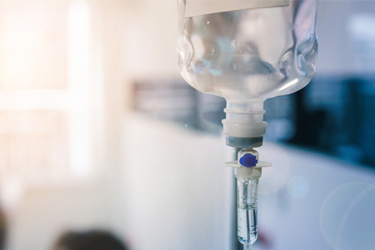Manufacturing Challenges With High Concentration Biologics

Monoclonal antibody (mAb) therapies possess a unique blend of specificity and versatility, making them a strong candidate for treating a range of diseases, such as autoimmune disorders and cancers. As the scope of diseases targetable by mAbs, recombinant proteins (rPros), and antibody-drug conjugates (ADCs) expands, opportunities arise to address challenges in administration methods, enhancing patient experience and lessening the burden on healthcare providers.
Over the past decade, rapid advances have been made in enabling subcutaneous delivery methods as opposed to traditional intravenous (IV) infusion. The proliferation of drugs formulated for subcutaneous (Sub-C) injection underscores the manufacturing challenges associated with higher concentrations of active ingredients and formulation components. Manufacturing operations directly impacted by these higher-concentration formulations span from ultrafiltration to sterile filtration, filling, mixing, and storage. Effective solutions must uphold quality, optimize process yields and product recovery, and ideally, be adaptable to existing manufacturing platforms. This white paper explores key process operations, identifies challenges in manufacturing high-concentration biologics, and offers considerations for process optimization.
Get unlimited access to:
Enter your credentials below to log in. Not yet a member of Bioprocess Online? Subscribe today.
